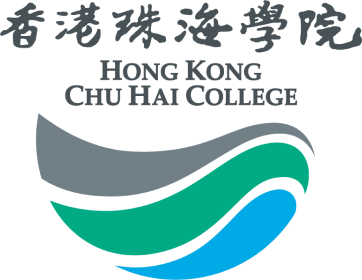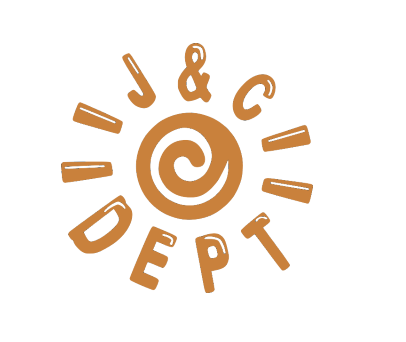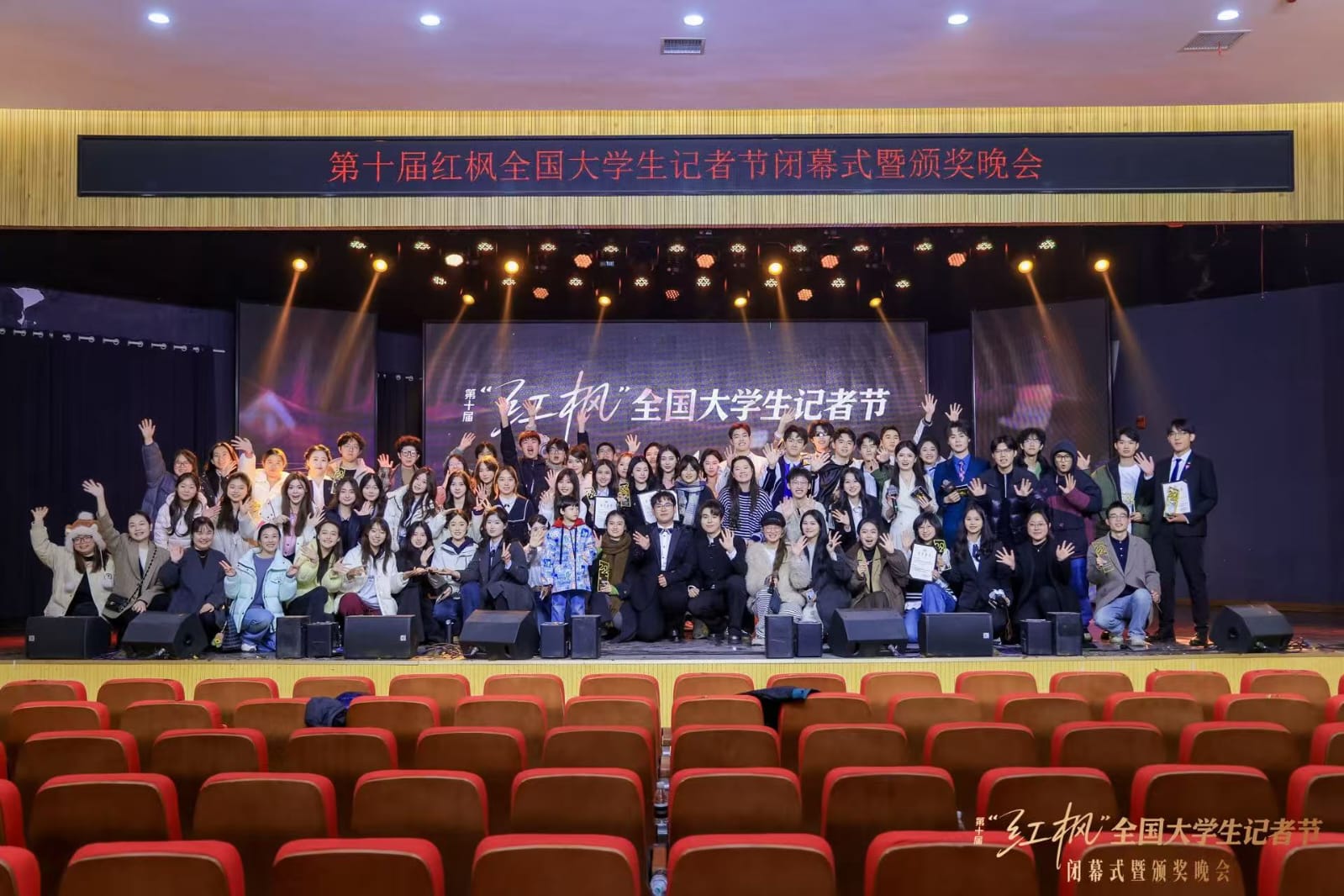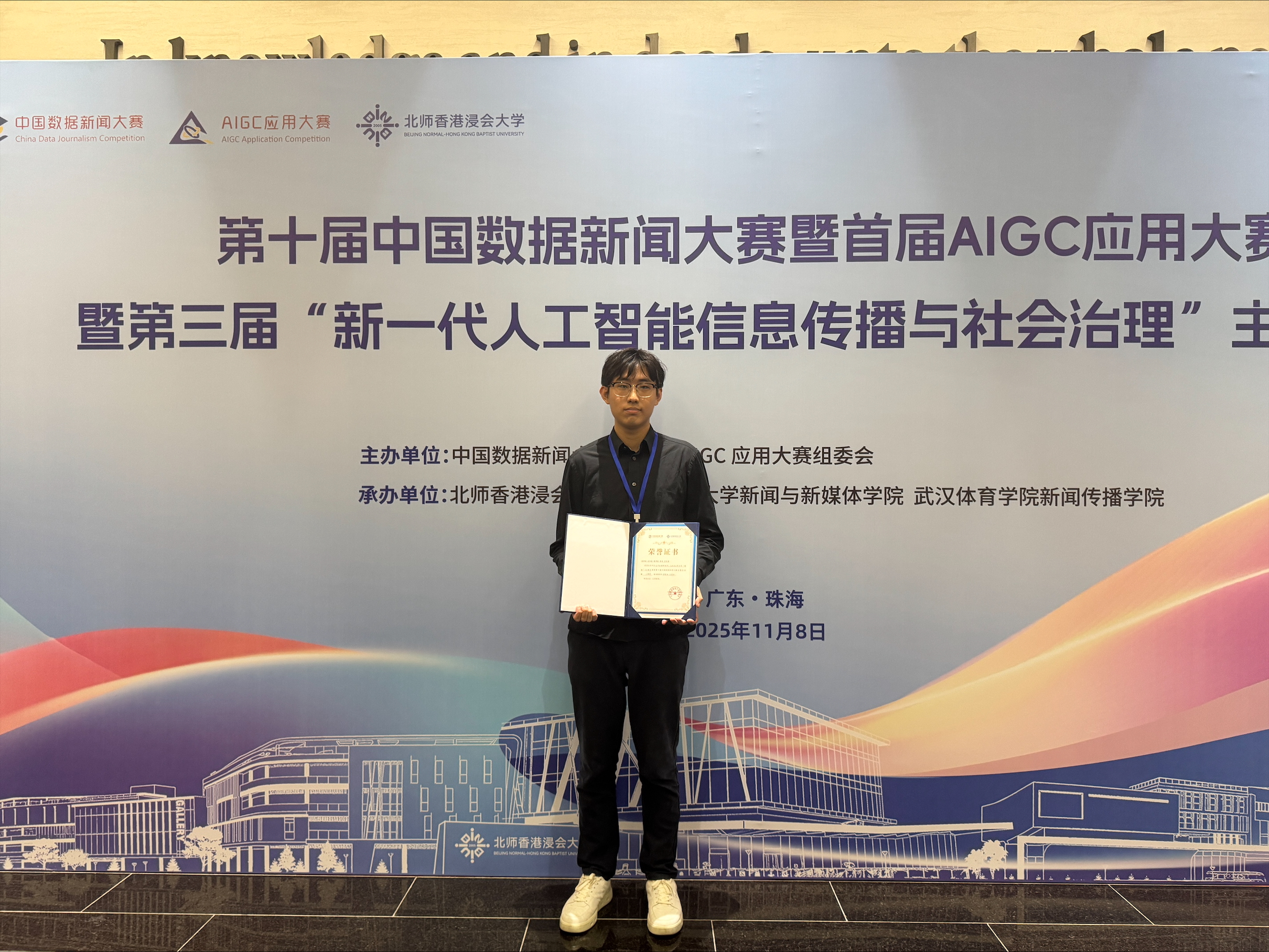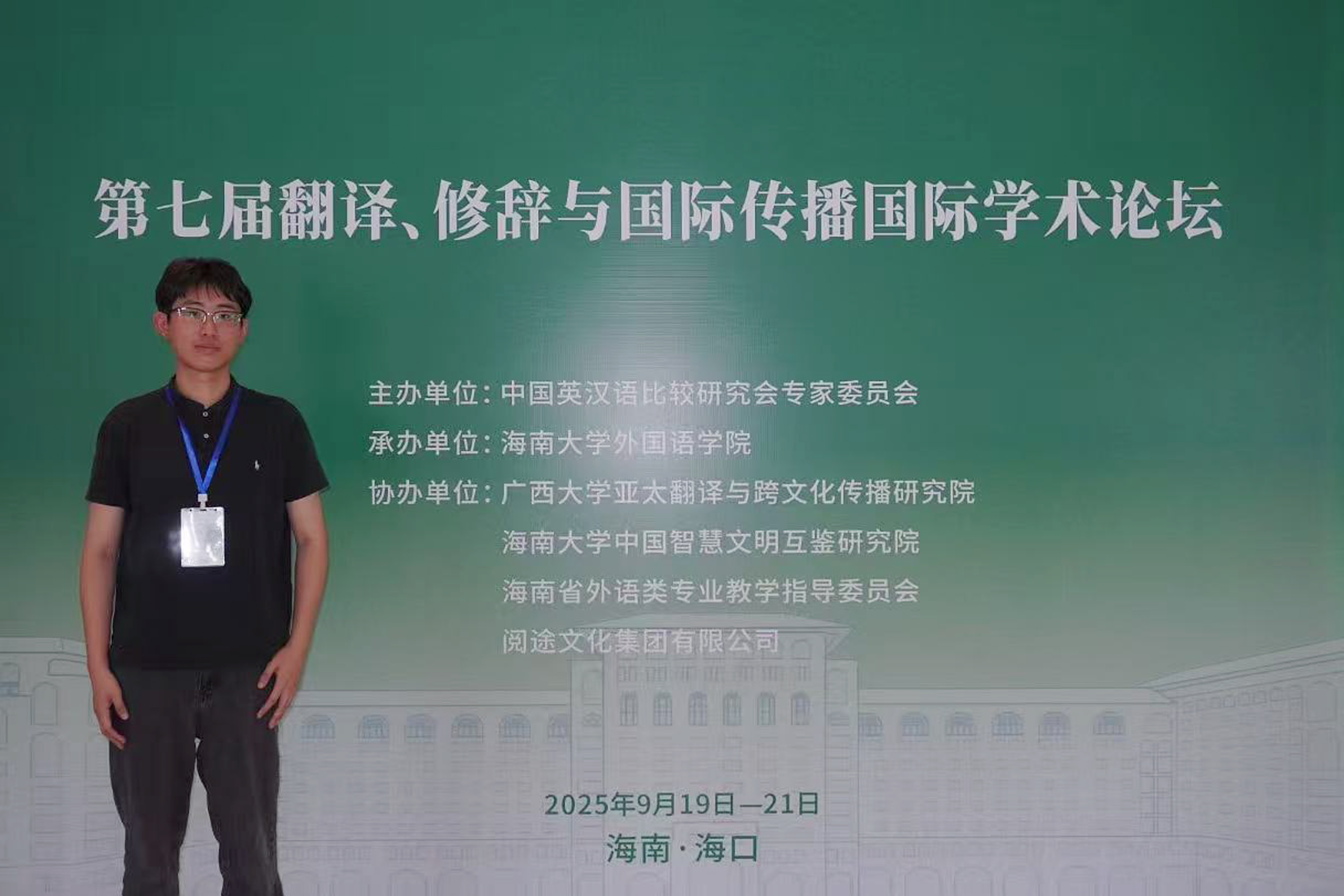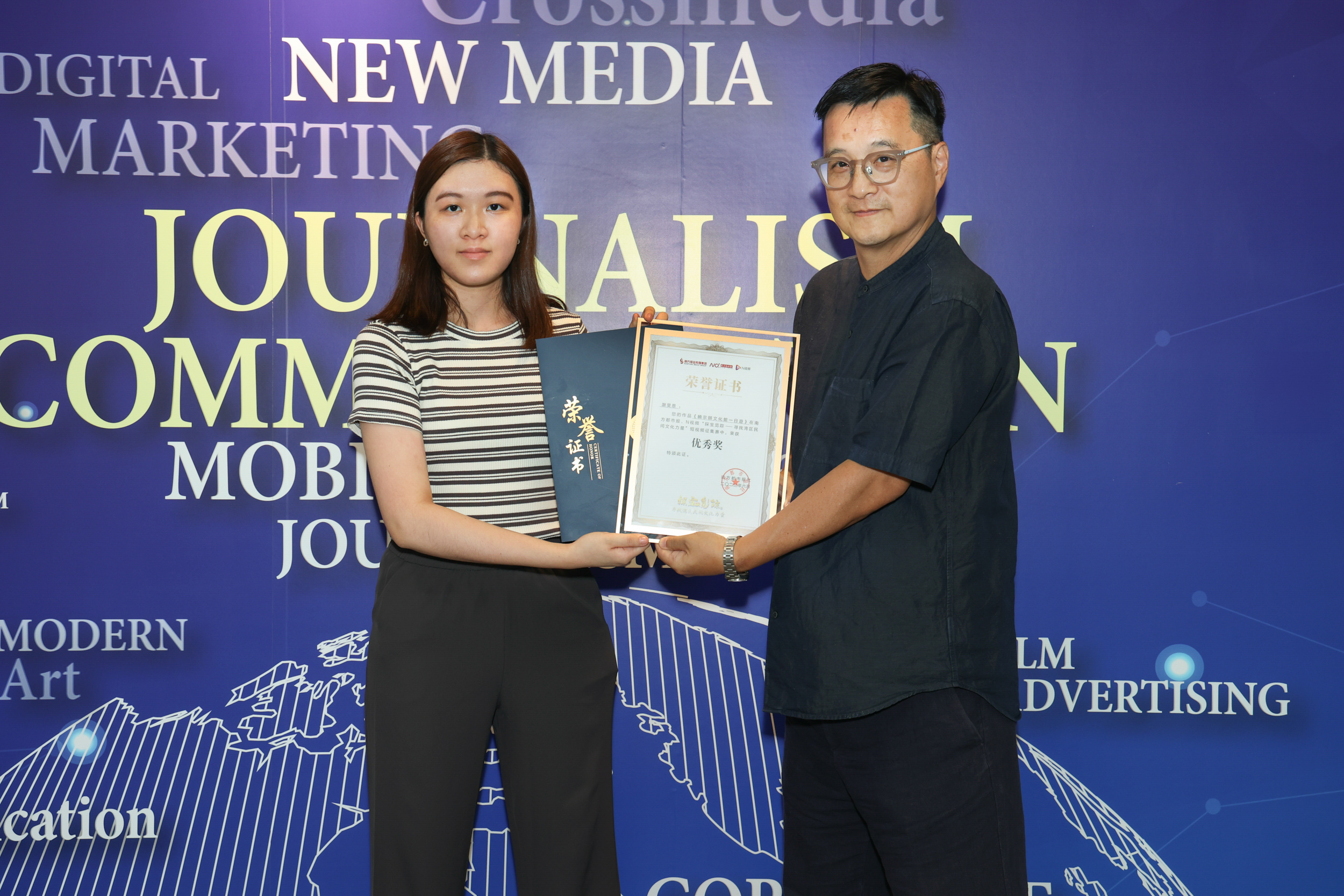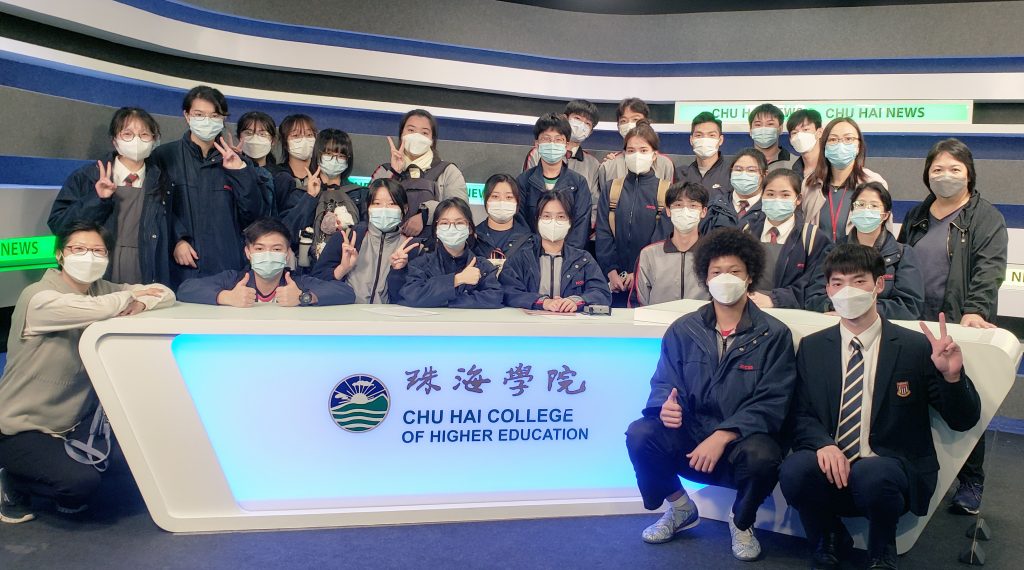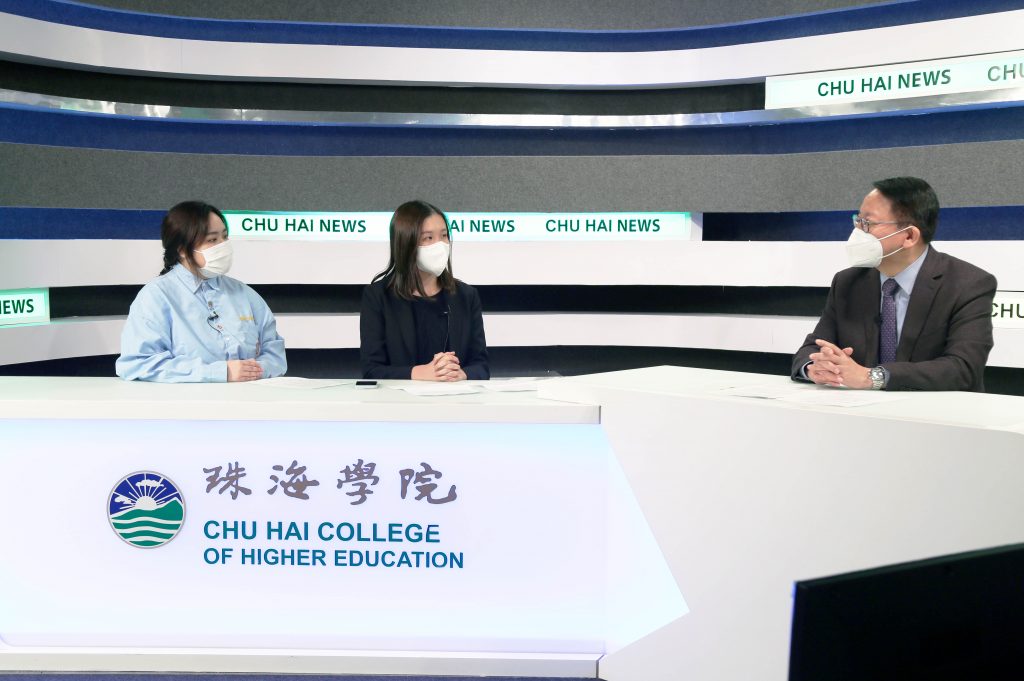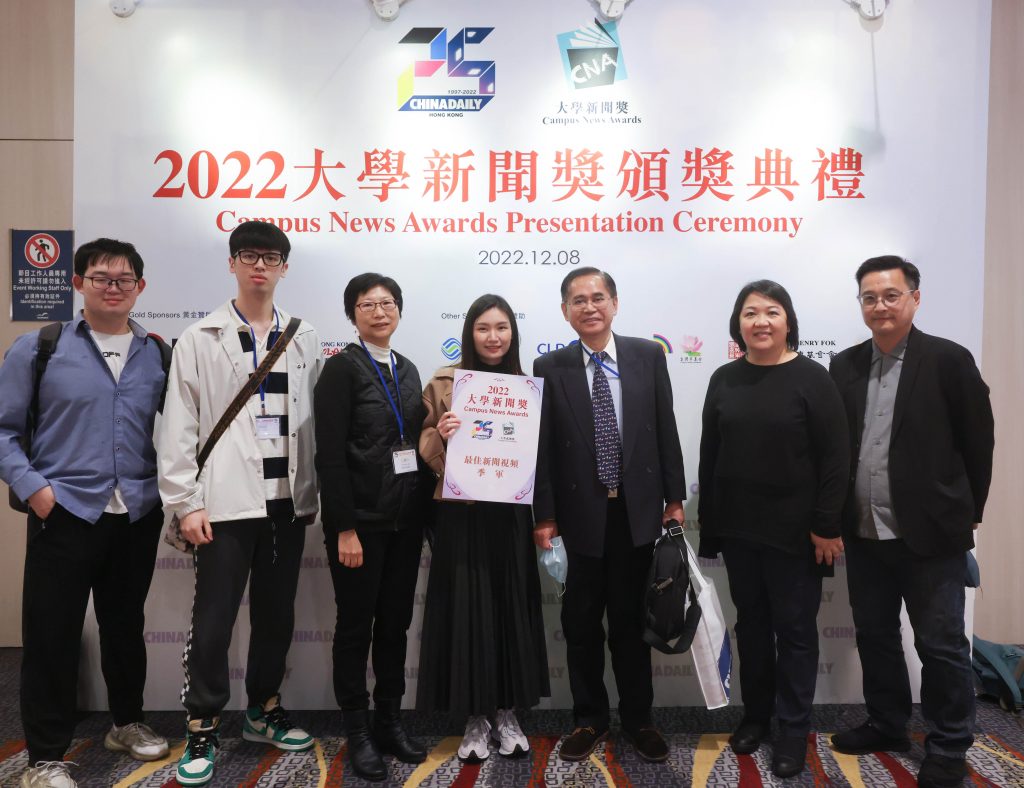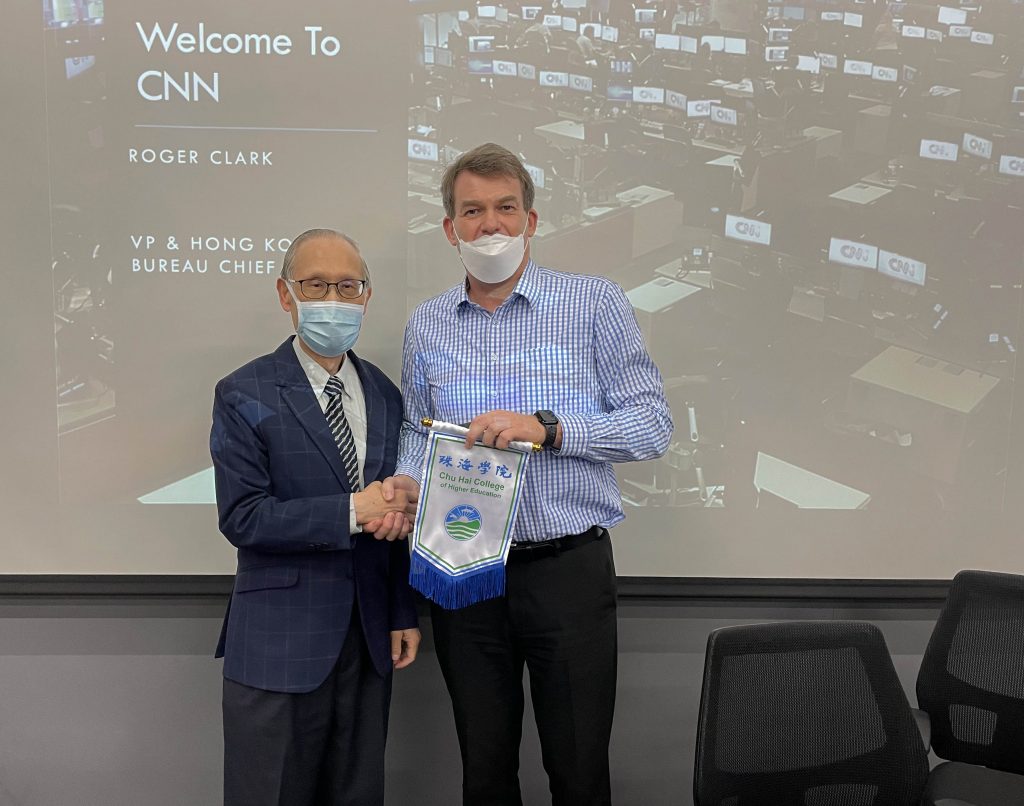
General Programme Information
| Title of Programme : | Bachelor of Arts (Hons) in Journalism and Communication |
| Normal Duration : | 4 Years |
| Credits Required for Graduation : | 123 Credits |
To keep ourselves abreast with the ever-changing media landscape in Hong Kong and elsewhere in the world, we have just completed an overhaul of our Programme for the degree of Bachelor of Arts (Honours) in Journalism and Communication. The revamped Programme will be available to all students to be admitted in the coming academic year of 2020-21, which is due to begin in the middle of September 2020. The main characteristics of this Revamp are as follows:
Programme Core Courses: The course will focus on brainstorming students the importance of obligations and social responsibilities for being a journalist. The course will also lead students to understand the importance of verification and the role of journalists as a watchdog to monitor the government and the power while offering voice for the voiceless. Finally, the course will examine journalism-related controversial issues arising from malpractices of freedom of press, such as privacy invasion, sensationalism and market-driven journalism. Attention will be paid to the writing of headlines, leads, quotes, and linguistic pitfalls for journalists and media professionals. Techniques on writing various types of news stories will also be taught. Examples are drawn from newspapers, magazines, television and radio. The course will focus on how freedom of press is abused through case studies of privacy intrusion, sensational journalism and market-driven journalism. There will be tutorials for students to debate whether statutory law and legal restrictions are necessary that will limit our freedom of speech and press freedom. Students are expected to examine critically whether under what circumstances that professional ethics is adequate; and to what extent law is needed when professional ethics may not work. Where is the balance between media ethics and media law? Learning activities include: lectures, class workshops and case analysis. Media professionals will also be invited to share their professional experience with students so that students will have a more updated knowledge of how professionals work and current problems they encounter in the industry. Special emphasis will be placed on TV news editing and production, TV newsroom operation, and effective use of video production equipment. Students will work through different news production projects, use digital equipment to process information, edit news stories, produce news stories in the Chinese and international contexts, and broadcast it through appropriate media outlets. Students will deal with real-life issues and challenges of TV news reporting business. While a portion of the course is largely hands-on, this course will also introduce the essential knowledge and principles of broadcast journalism. Students are expected to produce a “live” newscast at the end of the course, in which they will appreciate the teamwork spirit of television news production as students in groups of at least five members will perform various kinds of role in a news studio environment. For non-local internship, students would be sent abroad to Canada, USA, Malaysia, Taiwan or China etc., to work in a media corporation or public relations firm. Some of the students would be sent to Beijing to work in the national media, including newspapers, radio and TV stations. The aim of sending students to pursue placement is to enable them to apply their knowledge and skills from classroom lectures to gain combat experience under the supervision of professional journalists or public relations practitioners. Under the work attachment programme, a small group of 4-5 students will be attached to a media organisation for two semesters, working on a part-time basis for 2 days a week during their final year study. The capstone project is intended to provide the following training for students:- To conduct research on a specific topic based on practical learning and work experience in an attached media organization for a final year project paper that will serve as a testimony of how students can apply their analytical skills in a case study. (Year 3 students) (Year 4 students) Programme Elective Courses: Over the past 20 years or so, this unique model has been challenged for many times as some people in the community of Hong Kong are still skeptical about the dominant role of “one country”. This course will seek to explain how the HKSAR is being ruled under the Basic Law, drafted before the Handover, and the common laws, which have been inherited from the British during the 150+ years of colonial rule of this metropolis. As such, students will be taught with some basic principles of finance, accounting and economics. Then they will also be taught in the analysis and interpretation of the real meanings of all those figures in the financial statements, e.g. the profit and loss account, the balance sheet, the profit and loss warnings, etc. And the ethics of business journalists will also be covered. It will also include the fundamental concepts of television production and programme design, with specific topics on the production and transmission of large-scale sporting events, such as the Olympic Games and the World Cup Soccer, etc.General Information
Aims
Objectives
Course Description
Course Title
Course Description
Introduction to Journalism
This is an introductory course for freshmen of journalism study. The course is designed to give students basic knowledge of what journalism is for, and for who journalists work for.
Chinese News Reporting and Writing
This course is an introduction to the news reporting and writing, leading to improve the students’ news event analyzing abilities and reporting skills, and covering a wide range of subjects and styles. Emphasis will be placed on the basic skills of interviewing, phrasing the question and techniques for ensuring accuracy.
English News Reporting and Writing
The design of this course is to teach students the common practices of English news writing such as how the “inverted pyramid” and “5W1H” are composed of in the context of English news writing. Students will learn how to handle a news story from information collecting to story writing. They will also learn the norms and criteria of writing good news articles. The skills of pursuing interviews in the English context will also be introduced.
Multimedia Production
The course is intended to consolidate students’ hands-on skills of multimedia production for journalism and various communication projects. The training on a number of salient techniques from preproduction to postproduction that would enable the students to run solo production will be delivered. The students will be intensively trained up with mobile devices and imaging software to cater for communication on mobile platforms all through the course.
Interactive Communication Theory
This course aims to critically examine key theoretical approaches to understanding and analyzing the role of digital and interactive media and communication in contemporary society and culture. It is designed to introduce students to theoretical ideas that can be used as analytical tools for understanding, explaining, and predicting media development, control, and practices. The theories and concepts also provide ways to make meaning out of everyday interactions with media technologies and cultures. The course takes an historical perspective that situates new media and communication theory within broader understandings of technology and its relationship to culture and social change. Theories and literature draw from multiple disciplines and perspectives including media studies, communication, anthropology, sociology, science and technology studies, cultural studies and new economics in the digital age. The course is divided into three distinct, yet related sections.
Research Method of Communication
The course is intended to provide students with the basic knowledge and skills of research methods for the crossmedia communication. With the understanding of the methodological issues for conducting such research, they should be able to develop a critical awareness of the application of research skills and the uses of research findings for barrier-free professional practice.
Media Law & Ethics in Communication
This course is aimed at providing students with the basics of relevant media laws and ethics in a multi-media environment in journalism and communication industry in Hong Kong. Comparative studies will also be conducted through class workshops to examine the professional practices, and malpractices, of journalists and communication professionals in the industry related to media ethics and laws related.
Broadcast News Reporting and Production
This is a practical and workshop-based course that aims to teach students professional skills in broadcast news reporting and production in both English and Chinese, and to equip students with a working knowledge and skills of visual information processing, television news reporting and editing, and television newscast production.
Professional Internship
Professional internship is designed to let students have practical working experience in a professional organization, either local or non-local firms, for two to three months during the summer holidays. For local internship, students would be sent in accordance with their preference and competence to newspapers, radio or TV stations, magazines, web media, new media corporations, PR firms, advertising agencies, digital solutions corporations, event management firms, digital marketing firms, production houses, government agencies, political parties, NGO, etc.
Final Year Project (a capstone project )
This capstone project is designed as a final year project for students who will be arranged under a work attachment programme with media organisations.
Journalism Practicum 1
This is a practice-oriented course to give students concepts and techniques to produce news stories for different types of media including online and print media. Students need to produce news stories and content with various forms, for examples, text, photographs, and graphics for both print and online publications. Students will gain hands-on knowledge of production for print and online and give students an opportunity to upgrade and deepen their knowledge and skills on news production.
Journalism Practicum II
This is a practical course, which covers all journalistic aspects of being a news editor, as well as equipping students with online publishing tools and developing their team spirit. This course provides intensive training in news editing, headline writing, and fact checking, as well as preparation of page layout using computerized layout software.
Course Title
Course Description
Photojournalism
The aim of this course is to introduce the basic concept and technicality of photojournalism. It involves the appreciation of outstanding news photos, practice of composition techniques, getting acquainted with camera functions, and common principles and ethics of photojournalism. To keep pace with the times, photo-shooting with digital mobile devices is one additional element of practice.
Media and Society
The course will cover some important issues within the relationship among traditional media, new media and society. Those important issues including different media systems in the world, communication and media theories, operations of different media industries, technology and communication, and the interaction and media effects upon individual and the society.
Public Policy in Hong Kong
This course aims to teach students about the political structure and government setup in Hong Kong to facilitate them in news reporting and writing. After Hong Kong’s sovereignty was returned from the British to the Chinese in 1997, the Government of Hong Kong Special Administrative Region (HKSAR) has been running under a “One-Country, Two systems” model, which is unique and one of a kind among all the political systems in the world.
News Translation
This course will prepare students with the knowledge and skills they require for the translation of media texts, providing a practical training of news translation from English to Chinese, and covering a wide range of subjects and style. Upon completion of this course, students will be able to perform news translation tasks with acceptable accuracy and speed.
Intercultural Communication
This course provides an overview of the study of communication and culture in cross-cultural contexts. Students will be acquainted with cross-cultural communication knowledge and theories of which they are able to apply in various cross-cultural situations.
News Reporting of China
This course is designed to introduce the concept of news reporting in China. As China’s economic strength has risen to No. 2 in the world in recent years, just second to the USA, people around the world are focusing on China. Since Hong Kong is an integral part of China, all news media in the Special Administrative Region are expanding their news coverage in the Mainland with focus on various aspects, such as: politics, economics, and social news. Therefore, this course will help students to understand different perspectives of news reports coming out of the Mainland, by Chinese reporters and foreign correspondents, and learn how to gather news in the Mainland. The course consists of introduction on media system of China, different reporting styles between the Western and the Mainland’s reporters, and case study of Hong Kong’s coverage of the Mainland.
Magazine Design and Editing
This is a practical and workshop-based course. The course is intended to provide the students with the following training:
Finance and Economics for Journalists
This course aims to teach the students with the techniques and skills in reading through the financial papers in the course of news reporting, such as the financial part of the annual fiscal budget of the Government of HKSAR, and the financial statements announced by any listed companies in their Annual General Meetings (AGM).
Sports News Reporting and Production
This course aims to teach students about the professional knowledge in sporting events, with more emphasis on competition sports, and thus to train them in the reporting and production of sports events in local contexts and in international arenas.
Data Journalism
To deal with the growing data in information society and make them understandable for the audience, the journalist should be capable to collect, access, analyze, and visualize data in the news story. Data journalism covers several news-processing steps, which include the material gathering and organizing, news writing and editing, and the layout design. In other words, data journalism brings significant changes to newsroom, both inside and outside of it. This course contains two parts: one is the methods and tools for data analysis, especially the data managements, and the other is the visualization of data in news writing. The students should learn the skills through practice and finalize a news story with data journalism by themselves.
Workshop on Media Ecology in Greater China
The course is designed to introduce the general situation of media ecology in Greater China, which includes the Mainland, Taiwan, Hong Kong and Macau, by combining an awareness of political and social systems in history and status quo. Contents of the course, consisting of lecture, tutorial and group research project, include politics, economy, education, religion, minorities, and so on. Namely, that is these factors to form a unique media’s ecological phenomenon, not only media itself.
News Anchoring and Programme Hosting
This course is practical and workshop-based, intended for those students who would like to pursue a career as a news anchor or a programme host upon graduation. As such, the course will be divided into two modules: the first module mainly on news anchoring while the second module on programme hosting. Presentation techniques, proper pronunciation of the Cantonese dialect, make-up skills, etc. will be taught.
Documentary and Current Affairs Production
Special emphases will be given to as a reporter and a producer how to intensify the news sense to producing a sharp and unique documentary and current affairs program through the story-telling, filming, editing, directing techniques, comprehensive reporting and visual presentation.
Mobile and Digital Journalism
This course teaches writing, research and production skills for digital media, with a particular focus on journalism created on mobile devices, a significant, but still emerging, field of contemporary news production. Students learn how to produce and manage content across a range of digital media platforms and formats (video, audio, image, text); with a key component of the course shooting video and recording audio to industry standard using their own mobile devices. Techniques taught involve coverage of both breaking news and scripted news stories, as well as practices of curating and spreading digital content. Students also learn to edit news stories and rich media files using a range of software designed for phones and desktop computers.
Advanced Journalism in Practice
This is a hands-on course that provides a comprehensive concept and techniques of producing LONG-FORM news stories, such as news features and in-depth articles. Students will learn how to transform themselves into researchers, investigative journalists and fact checkers, so they can develop new creative strategies and angles for valuable news stories. Discussion on current news affairs will be included during the classes. Ethical standards in journalism will also be covered, with an aim to provide a valuable guideline for best practices.
